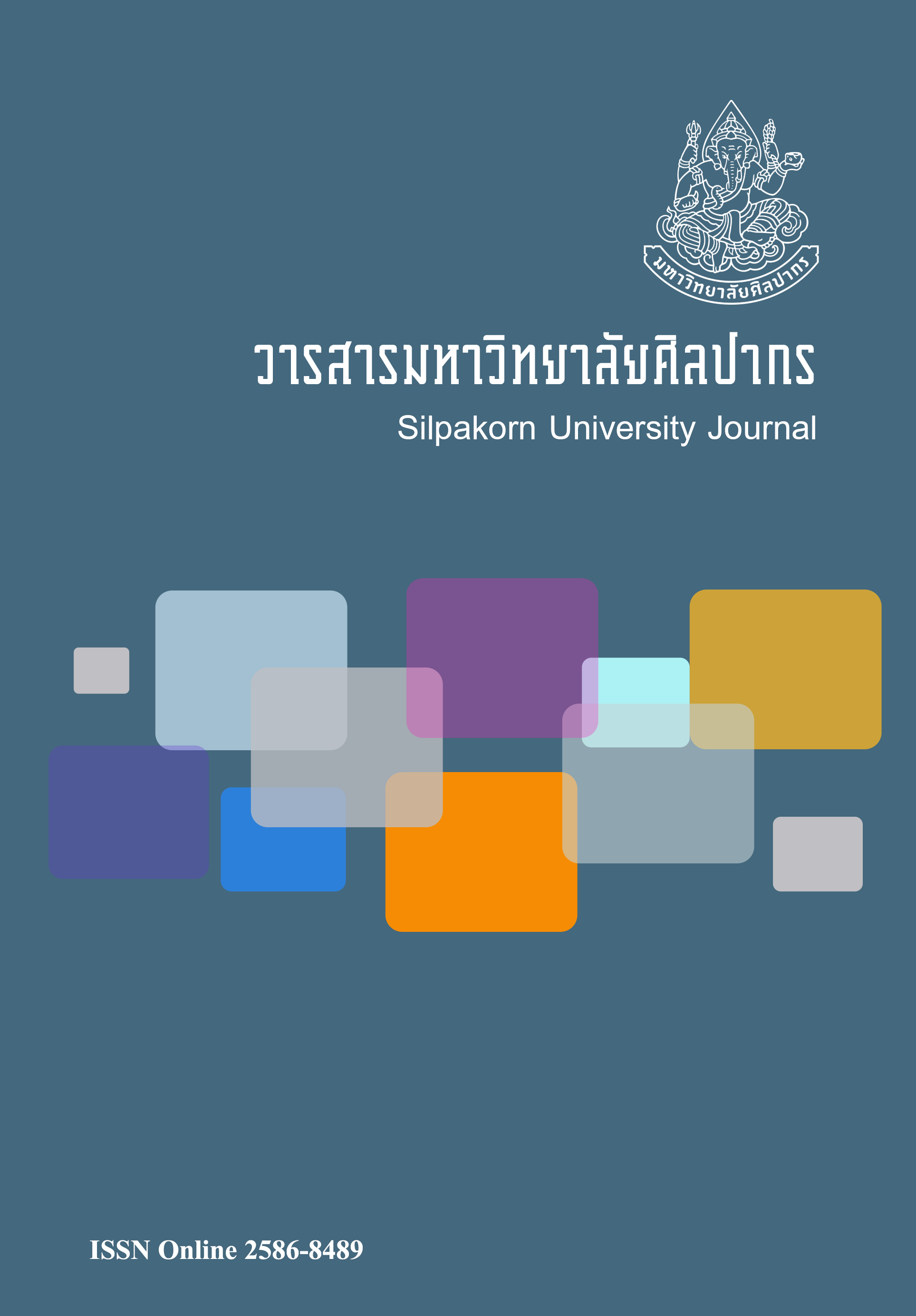ผลของการใช้โปรแกรมพัฒนาผู้เรียนที่มีต่อความสามารถ ในการปรับตัวของนักเรียนชั้นมัธยมศึกษาปีที่ 1 โรงเรียนมัธยมวัดบึงทองหลาง (The effects of a Learner Development Program on the Ability of Adjustment of Mathayomsuksa 1 students at Mattayom Wat Bungthonglang School)
Main Article Content
Abstract
การวิจัยครั้งนี้มีวัตถุประสงค์ 1) เพื่อพัฒนาโปรแกรมพัฒนาผู้เรียนที่มีผลต่อการปรับตัวของนักเรียนชั้นมัธยมศึกษาปีที่ 1 โรงเรียนมัธยมวัดบึงทองหลาง 2) เพื่อศึกษาผลของโปรแกรมพัฒนาผู้เรียนที่มีต่อความสามารถในการปรับตัวของนักเรียนชั้นมัธยมศึกษาปีที่ 1 โรงเรียนมัธยมวัดบึงทองหลาง การวิจัยครั้งนี้เป็นการวิจัยกึ่งทดลอง ประชากร คือ นักเรียนชั้นมัธยมศึกษาปีที่ 1 โรงเรียนมัธยมวัดบึงทองหลาง จังหวัดกรุงเทพมหานคร ภาคเรียนที่ 1 ปีการศึกษา 2557 จำนวน 9 ห้องเรียนนักเรียนทั้งหมด 360 คน ผู้วิจัยเลือกกลุ่มตัวอย่างแบบเจาะจง โดยนำห้องเรียนที่มีค่าเฉลี่ยของแบบวัด การปรับตัวต่ำสุดมา 2 ห้อง มาดำเนินการสุ่มจัดกลุ่มเป็นกลุ่มทดลองและกลุ่มควบคุม กลุ่มทดลองเข้าร่วมโปรแกรม จำนวน 12 ครั้ง ครั้งละ 50 นาที เครื่องมือที่ใช้ในการวิจัย คือ โปรแกรมพัฒนาผู้เรียนแบบวัดการปรับตัว และแบบบันทึกการเรียนรู้ วิเคราะห์ข้อมูลด้วยค่าเฉลี่ยค่าเบี่ยงเบนมาตรฐาน และการทดสอบความแตกต่างระหว่างค่าเฉลี่ย (ค่าสถิติที) ผลการวิจัยพบว่า 1) นักเรียนชั้นมัธยมศึกษาปีที่ 1 โรงเรียนมัธยมวัดบึงทองหลางมีคะแนนการปรับตัวสูงขึ้นอย่างมีนัยสำคัญทางสถิติที่ .05 ภายหลังเข้าร่วมโปรแกรมพัฒนาผู้เรียน 2) ภายหลังการทดลอง กลุ่มทดลองมีคะแนนการปรับตัวสูงกว่าก่อนการทดลองอย่างมีนัยสำคัญทางสถิติที่ระดับ .05 3) ภายหลังการทดลอง กลุ่มทดลอง มีคะแนนการปรับตัวสูงกว่ากลุ่มควบคุมอย่างมีนัยสำคัญทางสถิติที่ระดับ .05
The purposes of this research were: 1) to Development the Learner Development Program on the Ability of Adjustment of Mathayomsuksa 1 Students at Mattayom Wat Bungthonglang School. 2) to enhancement of a Learner Development Program on the Ability of Adjustment of Mathayomsuksa 1 Students at Mattayom Wat Bungthonglang School.This research was the quasi experimental research. The populations were 360 students in 9 classrooms of Mathayomsuksa 1 in the first semester, academic year 2014, Mattayom Wat Bungthonglang School. Two classrooms with the lowestthe Adjustment mean scores were purposively selected and randomly assigned to form the experimental and the control groups. The experimental group participated in the Adjustment Program for 12 sessions, 50 minutes per session. The instruments used in this research were: Learner Development Program, the Ability of Adjustment Test, the Student’s Self-Report in each session. The data was analyzed by Mean, Standard Deviation, t–test.
The results showed that: 1) The Students of Mathayomsuksa 1 at Mattayom Wat Bungthonglang School. Who participated in a Learner Development Program scored higher on the Adjustment test than their pretest scores at the .05 level after the experiment. 2) After the experiment, the Abilithy of Adjustments scores of the experimental group were significantly higher than their pretest scores at the .05 level. 3) After the experiment, the experimental group scored significantly higher on the Ability of Adjustment than the control group at the .05 level.
Downloads
Article Details
References
Ministry of Education. (2010). National education act “A 5 Years Complete Version” (2nd ed.). Bangkok: Sudpaisan.
Malinee, J. (2010). Psychology of living and self development. Burirum: Facultyof Education Burirum Rajabhat University, Burirum, Thailand.
Wanida, K. A. (2006). Teaching principle of life skilldevelopment. Bangkok: Chulalongkorn University. Office of the Basic Education Commission of Thailand. 2013. Educational statistics 2013. [Online]. RetrievedFebruary 11, 2014 from http://www.bopp-obec.info/home.
UNESCO. (2008). Gender-Responsive life skill - Based Education - AdvocacyBrief. Bangkok: The UNESCO Asia and Pacific Regional Bureau for Education Mom Luang Pin Malakul Centenary Building.
World Health Organization. (1994). Life skills education in school. Geneva: World Health Organization.


